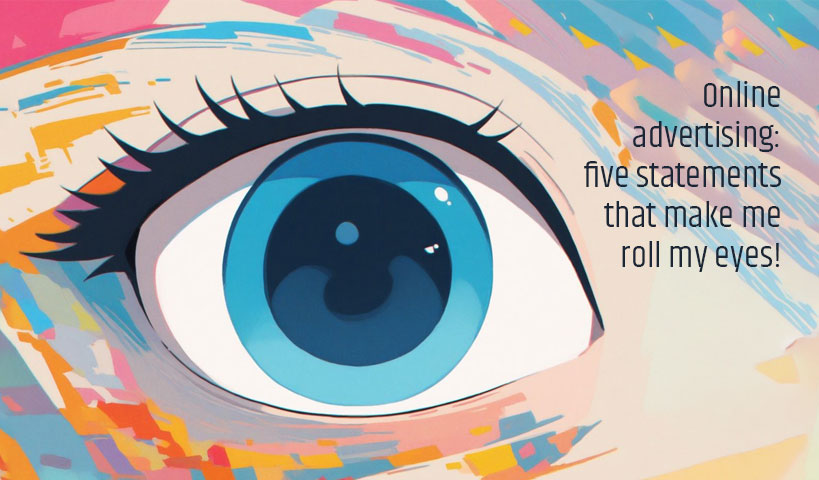We have to stop hiding behind our cataclysmic piles of recycling in order to see further ahead, and above all to think differently. Triage centers are suffering a crisis, but even so, we have not diminished our plastic and aluminium product production. Those two substances consume an inordinate amount of energy in the process of becoming final products. Additionally we know that not all plastics are recyclable. We have a dual problem here: energy is wasted when producing new products as well as when reprocessing old products that pollute until their life cycle ends, meaning until they are entirely decomposed. All this without accounting for collateral damage.
Let us only think about the consequences of our food purchasing behaviours. Society generates more and more small containers, empty bottles, and individual portioned lunch containers, just to name a few. Many of us purchase ready made meals prepared by grocery stores or by companies retailing to grocery stores. We purchase aluminium, cardboard, and plastic containers, and then clear our conscience by recycling them. We always have the choice to partly retract from this lifestyle by cooking a bit more, transforming basic products ourselves, and storing food in reusable containers. Those are simple but important daily actions that can help reduce pollution from packaging and transportation. Unfortunately it only represents a small part of the solution since our “reusable” grocery bags still contain some cardboard, aluminium, and/or plastic.
We have to eliminate the production of individual non-reusable containers and over-packaging as much as possible. We have to rapidly innovate at the product and distribution level (more precisely, the format, packaging, and the origin of the product). Each innovation will influence the next.
I obviously do not have the solutions to these important problems but they must be solved. There are suggestions: consignment (recycling for compensation), bulk-buying, etc, but these are not actions, they are only suggestions. These problems are on a much larger scale than the marketing, logistics, or R&D functions of an enterprise. They affect our companies, our economic models, our common lifestyles, and our values as individuals.
Let’s take a look back at our profession. How can marketing do better with less?
If the subject matter speaks to you, give us your opinion. For after all, discussions and opinions are always the starting points to solutions.




